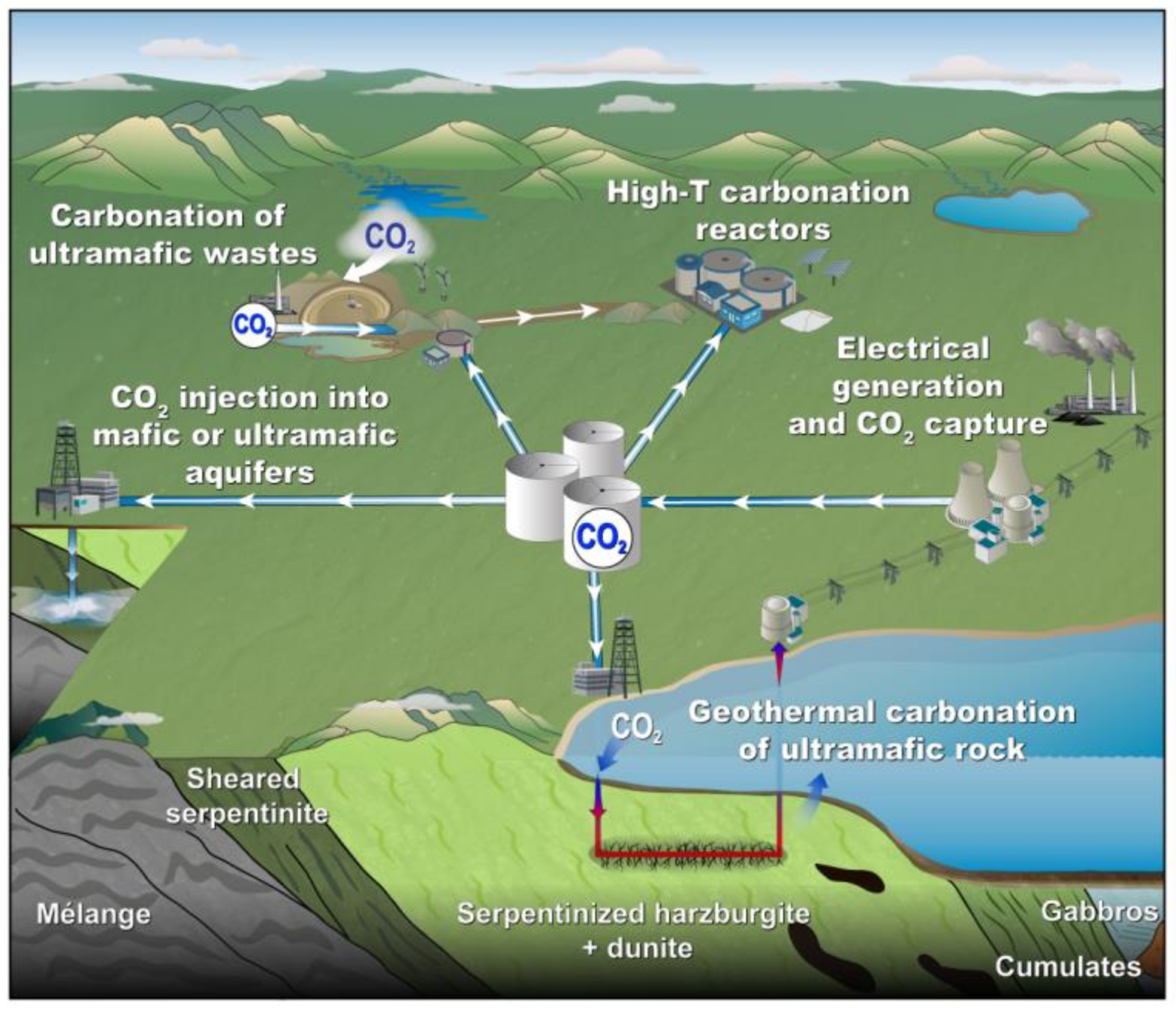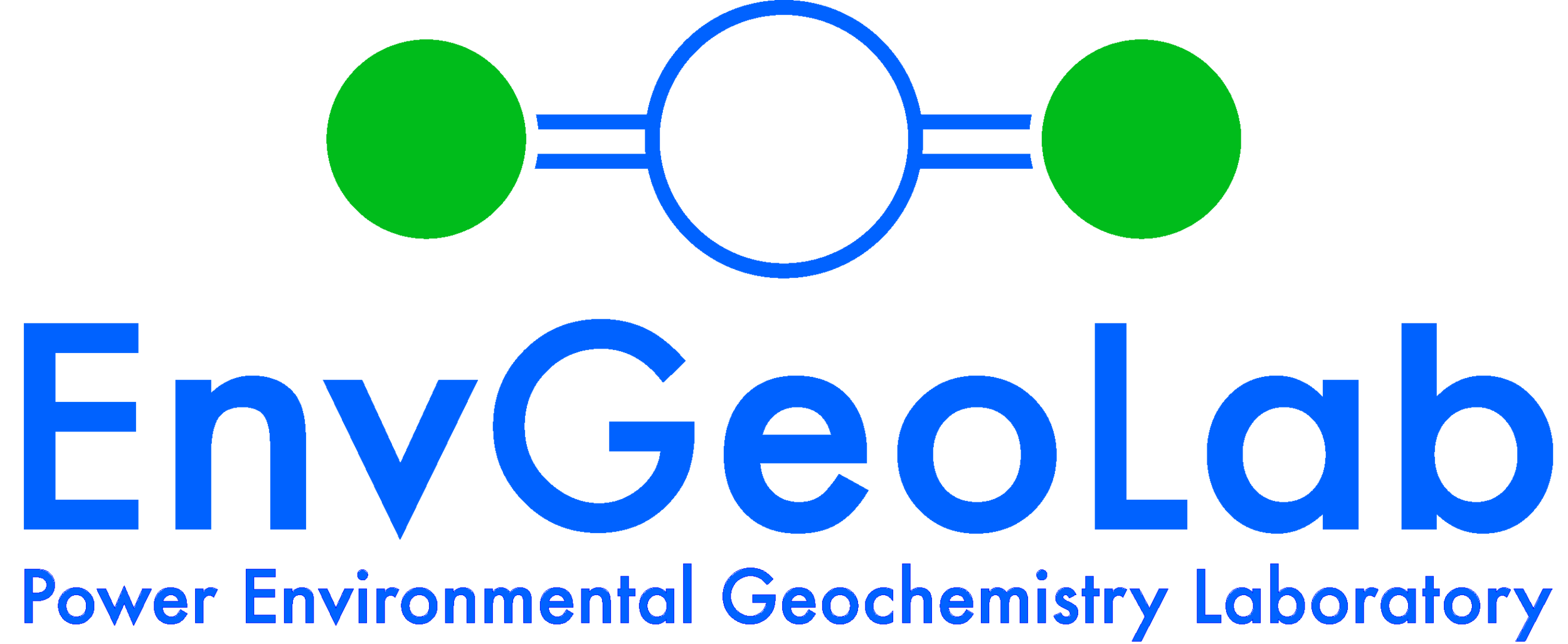Working at a mine requires patience. The mine staff are great, but there’s numerous procedures to follow and paperwork to fill out. These hurdles are all worth the effort for gaining access to a world class mine. Safety is a top priority and all our sampling must be done with safety in mind. Tomorrow we’ll have an opportunity to meet mine staff and start sampling!
Sterkfontein Caves and Travel to Musina
On our off day, we had a great opportunity to visit the Sterkfontein Caves at the Cradle of Humankind. The caves were the site of numerous hominid fossil finds, and also have excellent examples of flowstone. Our group is now heading to Musina, a small town near the mine site that we’ll be conducting fieldwork and sampling.
Animals and early hominids fell through holes like this one, down into caves where their remains were preserved for future generations to find and study.
Fieldwork in South Africa!
Ian and Amanda are heading to South Africa for fieldwork. They’ll be visiting the Venetia mine to collect samples of kimberlite, tailings and water. These samples will be asssessed for their potential to sequester carbons dioxide and will be used in laboratory experiments. Looking forward to a successful field campaign!
Integrated Mineral Carbonation
New publication by Li, Hitch, Power and Pan on how to integrate various mineral carbonation strategies into mining operations. Published in Minerals.
Mineral carbonation technologies (modified from Power et al., 2013)
Measuring inorganic carbon
Excited to have setup my new coulometer for measuring inorganic carbon in solids and waters! #CO2 #UIC #carbon #carbonate
This instrument will be used to study CO2 mineralization in mine wastes and natural systems. The inorganic carbon is measured by reaction with acid and essentially being titrated. Now it's time to get out into the field this summer and do some sampling!
Coulometer from UIC
Western University Seminar
Had a fantastic opportunity to give a seminar in the Department of Earth Sciences at Western University where I did my B.Sc. and Ph.D. Thanks to Robbie Flemming and Phil McCausland for the invitation and hospitality. The topic of my seminar was "Magnesium carbonates: Deposition, diagnosis, rates and implications for carbon storage.
Present and past Western Earth Sciences mugs.
Postdoctoral fellow positions
Seeking applications for three postdoctoral positions in environmental geochemistry/biogeochemistry at Trent University, The University of British Columbia, the University of Alberta. See full advertisement here.
Geosciences Special Issue: Carbon Sequestration
Carbon sequestration is an evolving area in geoscience with the potential for scientific breakthroughs, and one that will become increasingly important as the concentration of atmospheric CO2 rises. This Special Issue of Geoscience aims to advance the science of Carbon Sequestration towards enabling society to make informed decisions on the technical, environmental, economic, and social merits of carbon sequestration strategies. We invite contributions that discuss fundamental processes and emerging strategies, field, laboratory, and modelling studies. Guest editors: Ian Power (Trent University) and Anna Harrison (University College London).
New publication: Room temperature magnesite precipitation
Published in Crystal Growth & Design, we demonstrate the formation of magnesite at room temperature using carboxylated polystyrene spheres. Scaling this process has implications for sequestering carbon dioxide at Earth surface conditions.
Magnesite crystal on carboxylated polystyrene sphere sequestering carbon dioxide.
Publication by Lin et al. in Carbonates & Evaporites
Great new manuscript published by Lin, Zheng, Ye and Power in Carbonates & Evaporites. This study documents the hydromagnesite deposits from Dujiali Lake, central Qinghai-Tibetan Plateau and its trace and rare earth element geochemistry.
Dujiali Lake, central Qinghai–Tibetan Plateau, China.






